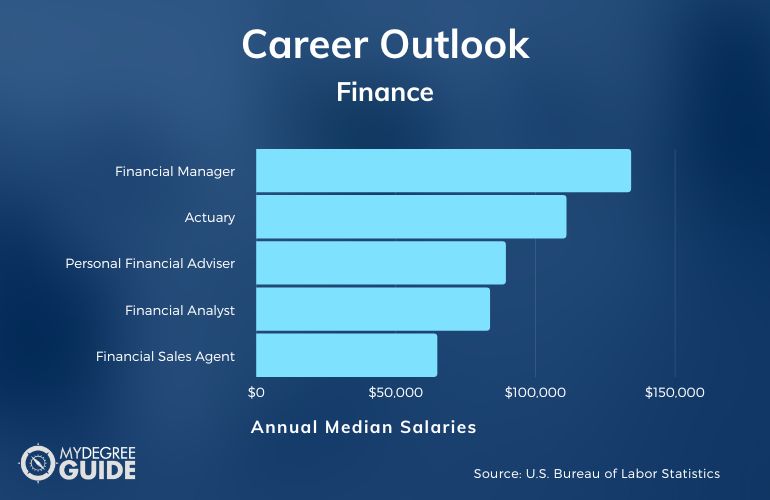
You have many options if you're looking for a career as an operations consultant. There are consulting firms offering project-based services, as well as long-term retained relationships. This industry has many years of experience and can offer valuable advice to clients. These consultants can offer their clients practical solutions and a competitive pay.
The career prospects for operations consultants
If you are passionate about helping companies improve, an operation consultant might be a good career choice. These consultants help businesses identify areas of waste and inefficiency, creating a more profitable and efficient business. This can make this a very rewarding career. Some operations consultants specialize in a particular industry or function, while others choose to become generalists. No matter your choice, you must stay abreast of new technologies and be ready to work long hours.
A bachelor's degree in a relevant field is usually necessary to become an operations consultant. You will also need some experience working in the field. You may also benefit from having a background in statistics and business administration. Operation consultants need to be able to communicate well.

The salary range for operations consultants
While the actual salary range for operations consulting is not established, there are some general benchmarks. This job description entails extensive collaboration with stakeholders throughout an organization to gather comprehensive requirements that are aligned with the company's business goals. It also requires a strong understanding of the organization's existing processes. Some consultants also work closely with compensation specialists and HR managers. Their compensation methods often include salary data tools, surveys, benchmarks, and salary structures.
The salary range for operations consultants is typically between $90k and $120k. However, actual salaries can vary depending on many factors like the company, position and experience.
Operations consultants need to be educated
Education requirements for operations consultants depend on the industry in which they practice. Many operations consultants start their career as business analysts and research associates. They then progress to project management or senior consultant roles. Once they have developed their skillsets and established a list of clients, they could become partners in consulting companies.
Many operations consultants have a bachelor’s in relevant fields. This could be in management science, business administration, statistics, information technology, or management science. These degrees provide practical training in the areas where operations consultants are skilled. In addition, an advanced degree can help operations consultants attract a larger client base and earn higher fees.

As data becomes more accessible and companies become more data-driven operations consultants will experience a rising demand for their services. Lean manufacturing, which focuses on decreasing waste and improving efficiency, is also becoming more popular.
FAQ
How much does it cost to hire a consultant?
It is not easy to determine how much it will cost to hire a consultant. These factors are:
-
Project size
-
Time frame
-
Scope and nature of work
-
Fees
-
Deliverables
-
Other considerations such as experience level, location, etc.
What skills is required to consult?
As a consultant, you should have both strong interpersonal skills and analytical skills. This is vital because you may not understand the scope of your work. You must learn how to manage people and solve problems quickly.
Excellent communication skills are also essential. Most clients expect an answer within 24 hours. If they don't hear back from you, they assume you aren't interested. It's crucial to keep them informed and make sure they understand everything.
Who hires consultants
Many companies hire consultants to help with their projects. These include small businesses, large corporations, government agencies, non-profits, education institutions, and universities.
These consultants may work directly for the organization, or freelance. In both cases, the process for hiring depends on how complex and large the project is.
Many rounds of interviews are required when hiring consultants. Then, the final decision will be made about who you believe is best for the job.
Statistics
- According to statistics from the ONS, the UK has around 300,000 consultants, of which around 63,000 professionals work as management consultants. (consultancy.uk)
- According to IBISWorld, revenues in the consulting industry will exceed $261 billion in 2020. (nerdwallet.com)
- "From there, I told them my rates were going up 25%, this is the new hourly rate, and every single one of them said 'done, fine.' (nerdwallet.com)
- 67% of consultants start their consulting businesses after quitting their jobs, while 33% start while they're still at their jobs. (consultingsuccess.com)
- Over 50% of consultants get their first consulting client through a referral from their network. (consultingsuccess.com)
External Links
How To
How can you find the best consultants?
Ask yourself what you want from your new consultant before you start looking. Before you begin looking for a consultant, it is important to know what your expectations are. Before you start looking for a consultant, make a list. This list could include technical expertise, project management skills, communication skills and availability. Once you have identified your requirements, you might consider asking friends and colleagues to recommend you. Ask them about their experiences with consultants and compare their recommendations to yours. Try searching online for recommendations if you don’t have any. You will find many websites such as LinkedIn, Facebook Angie's List, Indeed and Indeed where people can leave reviews about their past work experiences. Use the feedback and ratings of others as a starting point to search for potential candidates. Once you have narrowed down your list, reach out to potential candidates and set up an interview. During the interview, you should talk through your requirements and ask them to explain how they can help you achieve those goals. It doesn't matter whether they were recommended to you or not; just ensure that they understand your business objectives and can demonstrate how they can help you reach those goals.